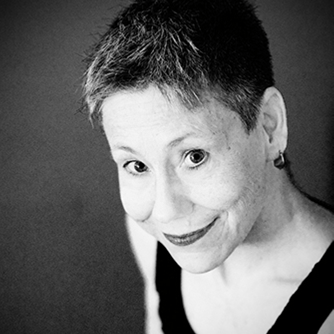Just over five years ago, a young Tunisian named Mohamed Bouazizi set himself on fire and sparked the sequential uprisings that came to be known as the Arab Spring. The conflicts could not be contained in a single season, and as the fighting raged into summer, we presented back-to-back issues of writing from across the region. This month’s feature, guest edited by Elisabeth Jaquette and Nariman Youssef, harks back to that turbulent time, and prompts us to revisit our double issue from July and August 2011.
Those issues included topical essays such as Algerian writer Boualem Sansal’s sorrowful elegy for Bouazizi and Egyptian activist Nawal El Saadawi’s dispatch from the heady first days in Egypt. The fiction and poetry that rounded out these issues provided not only news of current events but a context in which to understand them. Set in 1994, Leïla Marouane’s story “Is This How Women Grow Up?” reveals the personal cost of Algeria’s repressive family law, which put women under the “guardianship”—e.g., control—of their male family members. After years of shared political activism, the narrator and her inseparable twin brother grow apart when he marries the daughter of a local judge. As he aligns himself with the oppressive forces that he once protested, estrangement turns to hostility and then enmity. When their relationship shifts from brother and sister to jailer and prisoner, she is forced into a desperate decision.
In its depiction of Algerian lives well before the uprisings, Marouane’s story provides invaluable insight into the factors, both personal and political, underlying the 2011 rebellion. As Jaquette and Youssef note in their introduction to our current feature, the term “Arab Spring” is a Western expression, reminding us that the conflicts were often viewed in relation to European history and Western policy. We hope that this month’s feature and the issues published in the wake of the uprisings expand that perspective and deepen our understanding of both historic events and the people involved.
Image: Magdi Mostafa, Ahmed Basiony's last photo – “Friday of rage” Jan. 28th. Taken by his friend/partner Magdi Mostafa, at Tahrir Square, Cairo. (detail)








